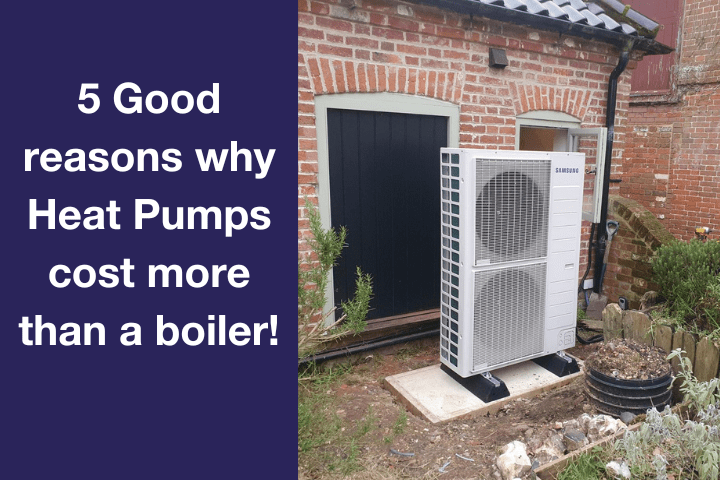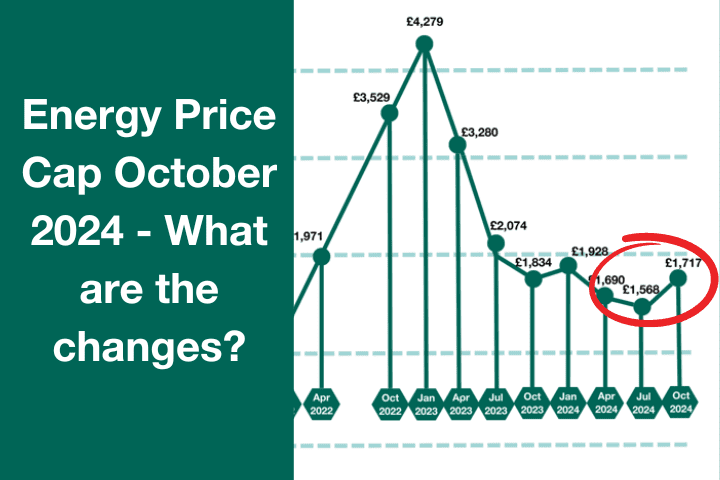Boiler Upgrade Scheme Eligibility – 5 things you need to know to qualify
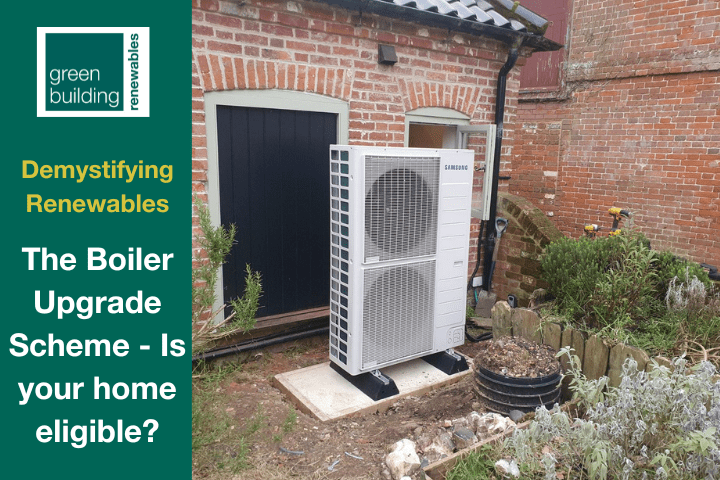
Table of Contents
There has never been a better time to upgrade your old, out-of-date, inefficient gas-guzzling boiler as the UK Government is currently offering £7,500 towards the cost of installing energy efficient heat pumps, also known as the Boiler Upgrade Scheme.
Manufacturers also offer deals on heat pumps, so the options to buy a heat pump through the Boiler Upgrade Scheme, including installation, are similar to the costs of installing a traditional gas boiler.
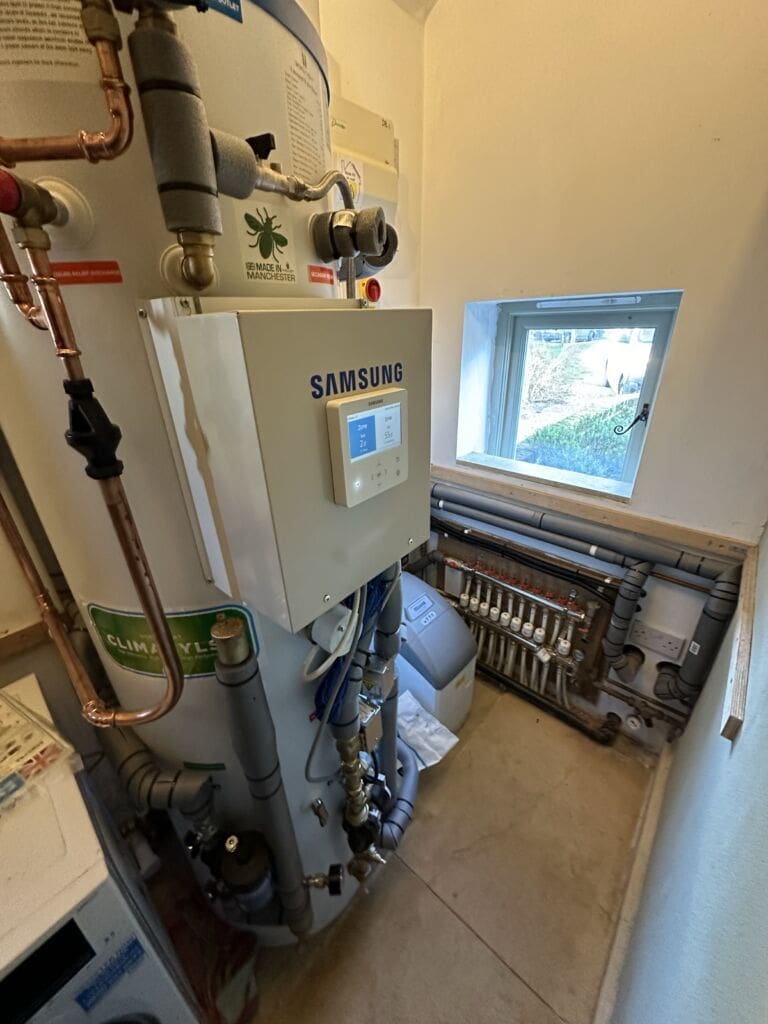
Also, this election year, we hear many stories from the current government and the opposition on their future green plan for the country. We can’t predict the future, even though we wish we could. We don’t know what will happen this year in the elections and what it might mean for the Boiler Upgrade Scheme, but what we know is that it has never been a better time to invest in the technology for your home.
Here’s what we do know :
- Heat pumps will heat your home more efficiently.
- Heat pumps will reduce your need for gas and will contribute to you being able to potentially live off the gas grid completely.
- With the recent increase from £5000 to £7,500, the BUS grant has never been this high.
- Heat pumps will add value to your home.
- Heat pumps can help lower your environmental impact and reduce your reliance on fossil fuels.
We also know from talking to our customers that there is still some uncertainty about the Boiler Upgrade Scheme, particularly what it takes to be eligible. So, here’s our guide:
Reminder: What is the Boiler Upgrade Scheme?
The Boiler Upgrade Scheme (aka BUS) is a government-backed program to incentivise homeowners to replace old, inefficient boilers with newer, more energy-efficient alternatives like heat pumps. Doing so can significantly reduce your energy consumption and carbon emissions while you will also benefit from potential cost savings.
Five Key Eligibility Criteria for Homeowners wanting to use the Boiler Upgrade Scheme
Before diving into the application process, it’s essential to understand the eligibility criteria for participating in the Boiler Upgrade Scheme.
1 – Is your property eligible?
The Boiler Upgrade Scheme is open to domestic and non-domestic properties in England and Wales.
New build properties are not eligible for the scheme, except self-builds that have:
- been built mainly using the labour or resources of the first owner
- never been owned by a business or organisation
Properties which are also not eligible for the BUS are:
- Social housing – Any rental or owned accommodation that’s provided at lower than market value to people who could not have afforded it otherwise (including arrangements like shared ownership)
- Properties that have already received funding from the government or an Energy Company Obligation for the purchase or installation of a heat pump
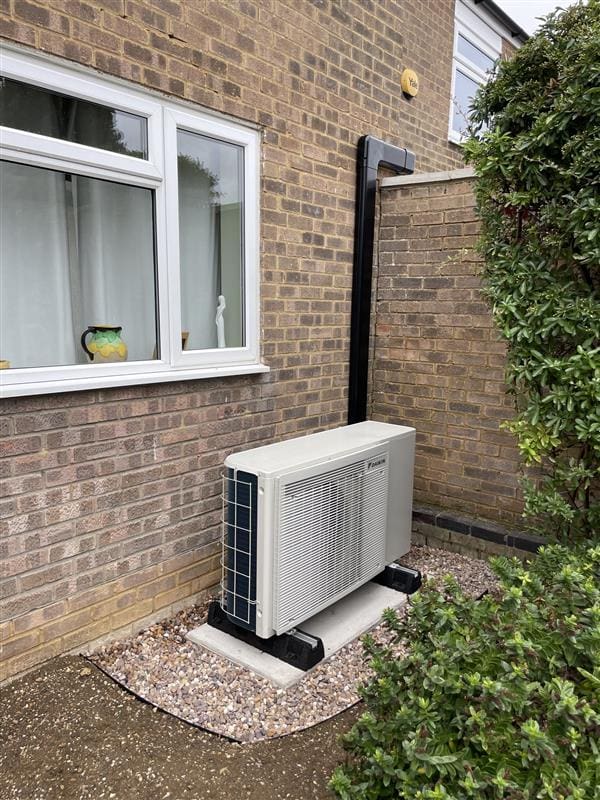
2 – EPC Eligibility
Understandably, we get a lot of questions about EPCs and eligibility for the Boiler Upgrade Scheme! That’s OK; it can be quite complicated. Let’s break it down –
What is an EPC?
An energy performance certificate (EPC) gives information about your property’s energy use, with recommendations on reducing energy demand and saving money. It’s required every time you buy, sell or rent a property (but you don’t need to get a new one each time you sell/buy.)
What’s needed from an EPC for the BUS?
As your heat pump installer will apply for the Boiler Upgrade Scheme grant on your behalf, they will need to check that your property’s EPC:
- was issued within the last ten years
- has no recommendations for loft or cavity wall insulation
You can check your property’s EPC report online.
As an installer, we do not carry out EPC assessments, so if you don’t have a valid one, you will need to find a local EPC assessor to complete yours. Get in touch if you require any help with finding an assessor.
3 – What if I need loft or cavity insulation in my EPC?
If your property’s EPC has recommendations for loft or cavity wall insulation, you’ll need to do the following before we can claim the grant at the end of the project:
- Install the relevant insulation.
- Commission a new EPC.
- Ensure the new EPC has no loft or cavity wall insulation recommendations.
It’s important to note that there are exemptions when loft cavity insulation isn’t needed.
You do not need to fix the insulation problems if:
- Your property is affected by atypical local environmental conditions, such as regular exposure to driving rain
- it is not feasible to install loft or cavity wall insulation due to the structure of the property; for example, the house has a steel or timber frame
- installing loft or cavity wall insulation would harm protected wildlife
- your property is in a conservation area
- your property is a listed building
If you meet any of these exemptions, then installing loft or cavity wall insulation could be unlawful. In all these situations, you must give evidence to your installer so they can submit your application. Template forms are available here.
Please be aware that if your BUS application is rejected following the installation because of an issue with an EPC relating to the insulation of your property, then your installer may seek to recover the cost of the grant from you. We ensure this will not happen by ensuring everything is in order beforehand.
4 – Are your old boiler and desired replacement eligible for the BUS?
To qualify for the scheme, you must have an existing boiler deemed inefficient or nearing the end of its lifespan- we can assess this for you.
BUS grants are only available for air source heat pumps, ground source heat pumps (including water source heat pumps and those on shared ground loops).
Hybrid heat pump systems, for example, a combination of a fossil fuel boiler and air source heat pump, are not eligible for the grant. Biomass boilers are eligible, but we do not install these.
The new heating system must:
- have been commissioned (that is, installed and fully checked by your installer) on or after 1 April 2022
- be capable of meeting the full space heating and hot water requirements of your property (we will assess this)
- replace an existing fossil fuel or electric heating system
- not replace an existing low-carbon heating system
- meet certain technical standards, such as minimum efficiency requirements. We can advise you on these.
5 – Is your installer eligible?
Your Installers need to be certified by the Microgeneration Certificate Scheme (MCS). We are pleased to say we are certified, which means we can install under the Boiler Upgrade Scheme.
MCS certification gives you peace of mind, and this means:
- We are technically competent
- the products we use in our installations meet the correct standards
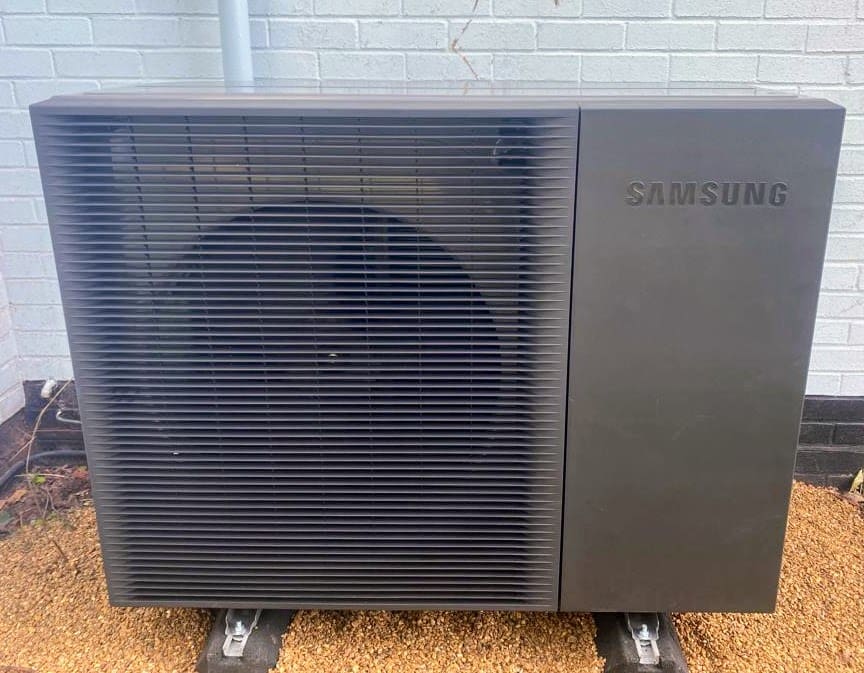
How do you apply for the Boiler Upgrade Scheme?
Contact us if you believe you are eligible and pass all the criteria above. Once we have confirmed your eligibility, we will apply for you and do all the necessary work as an approved contractor participating in the scheme.
What are the benefits of Upgrading Your Boiler?
Participating in the Boiler Upgrade Scheme offers a range of benefits for you.
- Reduced energy bills: Newer, more efficient boilers can significantly save energy bills over time.
- Improved comfort: Modern boilers provide better heating performance, ensuring a more comfortable living environment.
- Environmental sustainability: By reducing energy consumption and carbon emissions, homeowners contribute to environmental conservation efforts.
- Increased home value: There’s a lot of research and recent evidence to suggest that renewable, low-carbon, and energy efficient tech adds value to your home.
The Boiler Upgrade Scheme presents an excellent opportunity for you to enhance your home’s comfort and sustainability. By meeting the eligibility criteria and taking advantage of the benefits offered by the scheme, you can unlock savings while positively impacting the environment.
If you’re considering upgrading your boiler, explore the options available through the scheme and take the first step towards a more energy efficient future. Get in touch today.
Read other blogs we have written on heat pumps
How Much Does A Heat Pump Cost?
Ground Source Heat Pumps: 10 Benefits and Other Amazing Facts to Know


